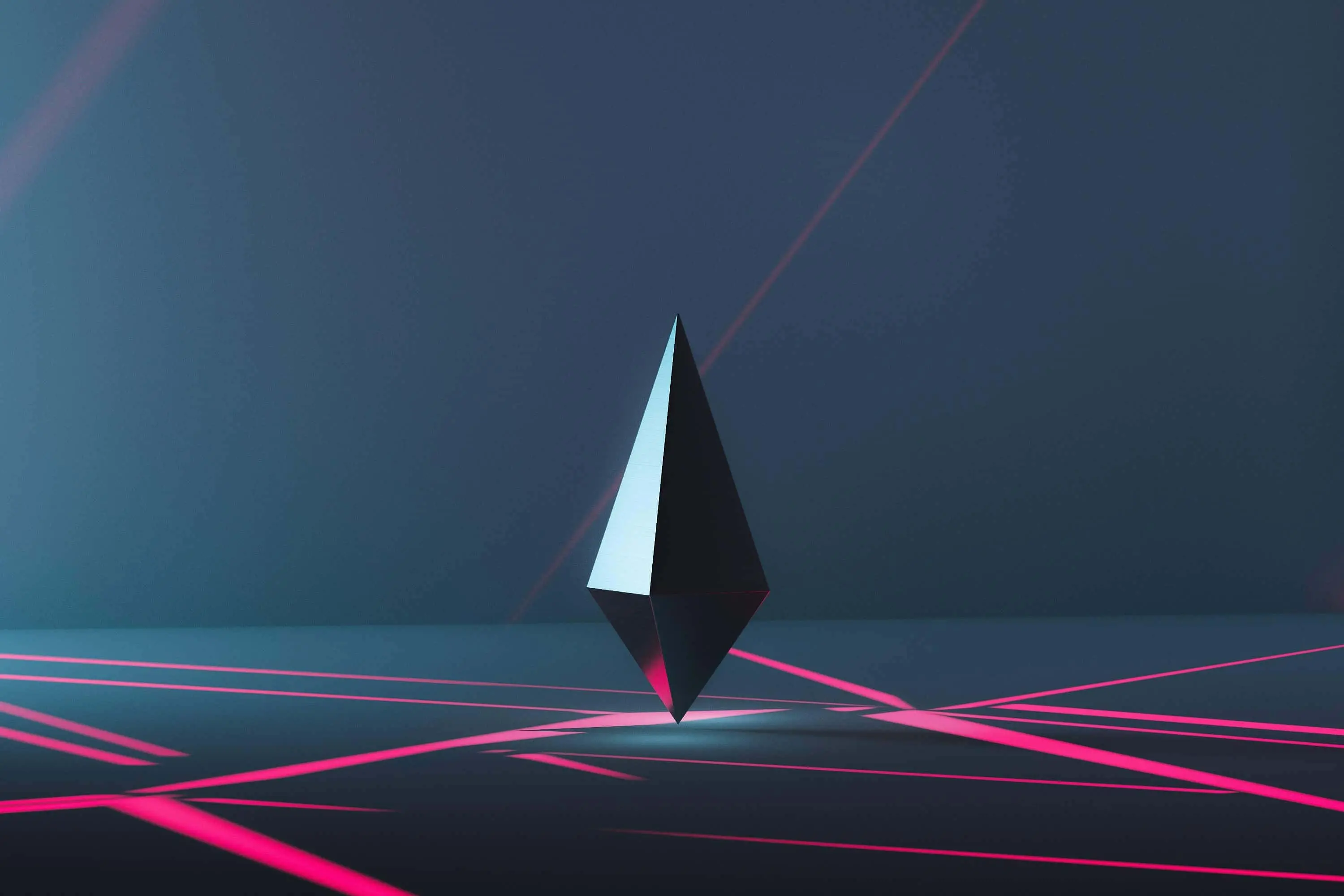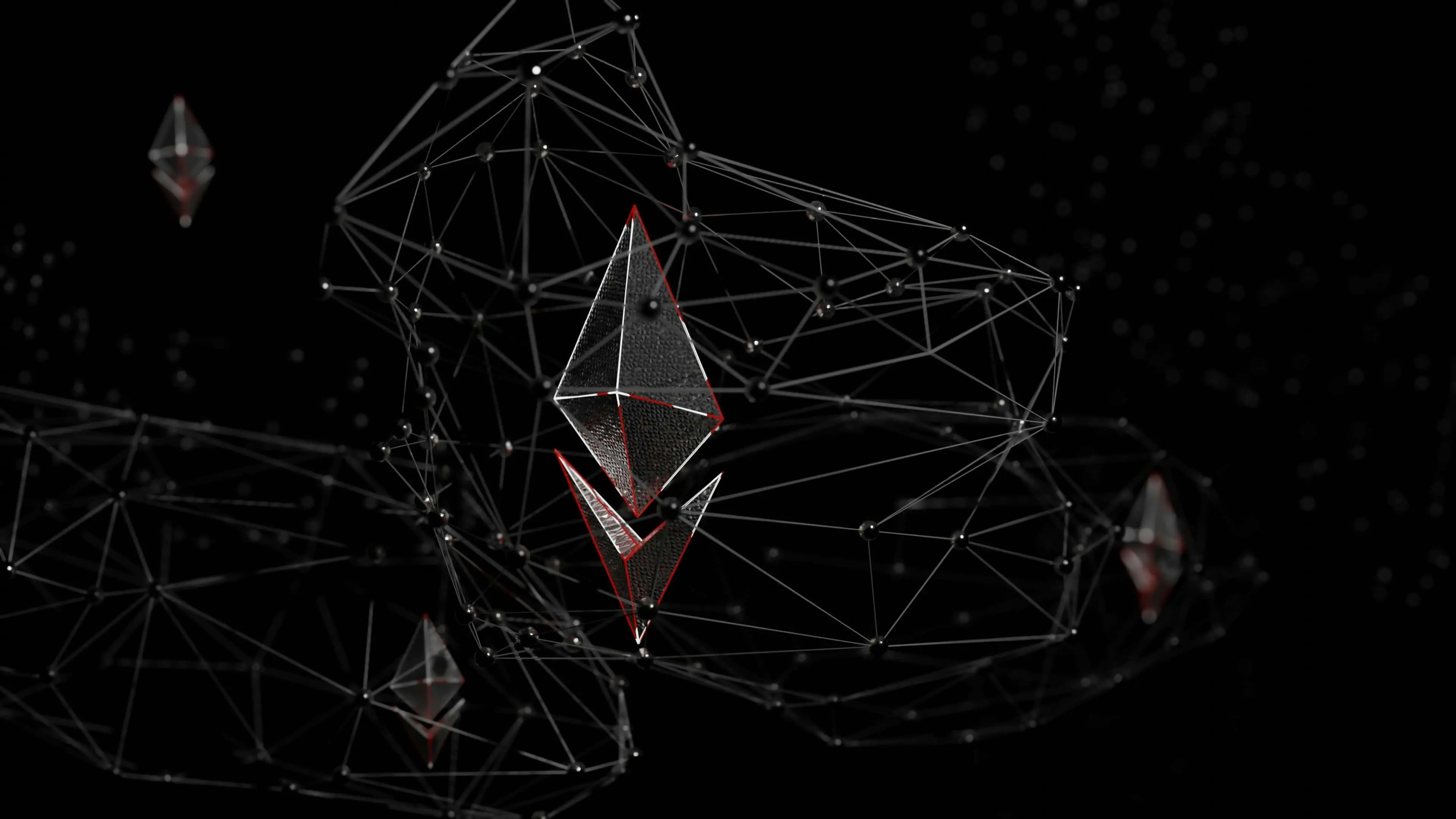Shuhaib Shariff · 8 min read
Dubai: Comprehensive Guide to Cryptocurrency and Blockchain

Dubai: Comprehensive Guide to Cryptocurrency and Blockchain
Dubai is quickly emerging as a global hub for cryptocurrency and blockchain innovation, backed by ambitious governmental initiatives and a thriving financial sector keen on adopting new technologies. This rapid adoption is driven by the proactive stance of Dubai’s government in integrating blockchain into both public and private sectors to enhance efficiency, transparency, and economic diversification. As of 2024, Dubai has not only established a robust regulatory framework but also fostered a favorable environment for crypto startups and investors.
Historical Context and Evolution in Dubai
Dubai’s journey into the world of cryptocurrency and blockchain is distinguished by strategic foresight and rigorous planning:
- 2014-2016: Early exploration of blockchain applications across governmental departments.
- 2017: Official launch of the Dubai Blockchain Strategy, aiming to make Dubai the first city fully powered by blockchain by 2020.
- 2018: Introduction of regulations by the Dubai Financial Services Authority (DFSA) to manage crypto assets, providing a clear legal framework that encouraged the growth of crypto exchanges and fintech companies.
- 2020: Implementation of blockchain technology in the Dubai Land Department for real estate transactions, which significantly streamlined processes and increased transparency.
- 2022: Establishment of the Dubai Virtual Asset Regulatory Authority (VARA), setting a comprehensive legal and regulatory framework for cryptocurrencies and digital assets.
Current Landscape of Cryptocurrency in Dubai
The landscape of cryptocurrency in Dubai is characterized by a sophisticated ecosystem that promotes innovation and secures investor interests:
- Market Growth: The number of registered digital asset companies in Dubai has grown exponentially, with over 400 firms registered by 2024, contributing significantly to the economic landscape.
- Institutional Adoption: Many of Dubai’s largest banks and financial institutions have adopted blockchain for everything from compliance and risk management to cross-border payments and customer KYC (Know Your Customer) processes.
- Crypto Exchanges and Trading: Dubai hosts some of the world’s leading cryptocurrency exchanges, facilitated by VARA’s clear regulations. These platforms comply with international standards for security and transparency.
Blockchain Technology Applications
In Dubai, blockchain technology has found extensive applications beyond traditional financial markets:
- Government Services: The government has implemented blockchain across various sectors, including healthcare for patient data management, supply chain for logistics and port management, and in utilities to enhance the efficiency of billing and consumption tracking.
- Tourism and Hospitality: Blockchain solutions are being used to enhance visitor experiences, from streamlined airport entry processes to loyalty programs and secure, seamless payments.
- Real Estate: Blockchain technology is revolutionizing the real estate sector in Dubai by enabling tokenization of properties, which simplifies investment and sales processes, and offers more transparent governance of these transactions.
Regulatory Environment
Dubai’s regulatory environment for blockchain and cryptocurrency is among the most advanced in the world:
- Comprehensive Legislation: VARA provides tailored regulatory frameworks for crypto services, from trading to token issuance, ensuring a safe environment for investors and companies.
- Innovation-Friendly Policies: Regulations are designed to encourage innovation while ensuring strict compliance with anti-money laundering and counter-terrorism financing (AML/CTF) standards.
- International Cooperation: Dubai actively participates in global dialogues on digital currencies and blockchain, aligning its regulations with international best practices and fostering cross-border collaborations.
Economic Impact
The integration of blockchain technology and the proliferation of cryptocurrencies have had a significant impact on Dubai’s economy:
- Sector Growth: Dubai’s digital asset market is projected to add over AED 4 billion to the economy by 2024, spurred by innovation in fintech and digital transactions.
- Job Creation: The blockchain sector in Dubai has created over 10,000 jobs, with roles spanning from blockchain developers to regulatory and compliance specialists.
- Foreign Investment: The clarity and attractiveness of Dubai’s regulatory environment have attracted substantial foreign investment into its digital asset markets, with international companies establishing regional headquarters in the city.
Top Crypto & Blockchain Startups in Dubai
Dubai’s blockchain and cryptocurrency landscape is bolstered by a range of pioneering startups that contribute significantly to the region’s technological advancements and economic growth. Here’s a closer look at some of the standout companies:
BitOasis: Founded by Ola Doudin in 2015, BitOasis is the Middle East’s first cryptocurrency exchange and serves as a secure platform for buying, selling, and storing digital assets. It is a leading player in the MENA region, offering services tailored to meet the needs of local and international users.
Palmex: As a digital asset exchange, Palmex stands out for its advanced trading features and high security, offering a variety of cryptocurrency pairs. The platform is renowned for its user-centric approach and is one of the pioneers in the Dubai crypto scene.
ArabianChain: Founded by Mohammed Alsehli, ArabianChain is a trailblazer in developing decentralized applications and blockchain technology in the Arab world. It is well-known for creating DubaiCoin and facilitating the adoption of blockchain in governmental and private sectors.
OneGram: Co-founded by Ibrahim Mohammed, OneGram offers a unique solution by providing a Sharia-compliant, gold-backed cryptocurrency. This startup targets the Islamic finance market, combining the stability of gold with the innovation of blockchain technology.
FlexxPay: A social impact technology company that utilizes blockchain to provide innovative solutions for employee benefits and financial liquidity. FlexxPay disrupts traditional payroll systems by enabling employees to access their earned wages before the regular payroll cycle, aiming to enhance financial wellness.
Only in Dubai: Pioneering Crypto Adoption
Dubai’s progressive stance on cryptocurrency adoption has led to unique opportunities and services that are not commonly found in other parts of the world:
Real Estate Purchases with Crypto: Dubai leads the way in allowing customers to purchase real estate with cryptocurrencies. High-profile developments and luxury properties can be bought using Bitcoin and other major cryptocurrencies, a practice that has attracted global investors seeking both luxury and innovation.
Government Services Paid with Crypto: Dubai residents can use cryptocurrencies to pay for select government services, including visa fees, license renewals, and even utility bills. This initiative is part of Dubai’s goal to become a blockchain-powered city by reducing transaction times and increasing efficiency in public administration.
Retail Shopping with Crypto: In Dubai, a growing number of retail outlets, from luxury boutiques to large shopping malls, accept cryptocurrency as a legitimate form of payment. This trend not only caters to the tech-savvy shopper but also positions Dubai as a global leader in retail innovation.
Crypto-themed Cafés and Restaurants: Dubai hosts several crypto-themed cafés and restaurants where patrons can pay with cryptocurrencies, and occasionally even earn crypto rewards. These establishments often serve as informal hubs for crypto enthusiasts and investors to network and exchange ideas.
Automotive Purchases with Crypto: Leading automotive dealerships in Dubai allow customers to purchase luxury and sports cars using cryptocurrencies. This option caters to the affluent demographic that is both tech-forward and interested in high-value investments.
Crypto Salary Payments: Some companies in Dubai offer their employees the option to receive their salaries in cryptocurrencies, a practice that underscores the city’s commitment to adopting and normalizing digital currencies in everyday transactions.
Tourism and Hospitality Services: Tourists visiting Dubai can use cryptocurrencies to book flights, accommodations, and even luxury experiences like yacht rentals and guided tours, making it a seamless travel destination for digital currency holders.
Crypto Conferences and Expos: Dubai regularly hosts international blockchain and cryptocurrency conferences, attracting innovators, entrepreneurs, and thought leaders from around the world. These events not only serve as a platform for discussing future trends but also underline Dubai’s role as a global center for crypto and blockchain technology.
Challenges and Barriers
Despite Dubai’s forward-thinking approach, the sector faces several challenges that could impact its future trajectory:
- Regulatory Evolution: The fast pace of blockchain and cryptocurrency evolution requires continuous updates to the regulatory frameworks, which can create temporary uncertainties for businesses.
- Technical Scalability: As blockchain applications expand, scaling the technology to handle larger volumes of transactions without compromising performance or security remains a challenge.
- Public Adoption: While there is significant institutional adoption, broader public understanding and trust in cryptocurrencies vary, affecting the rate of adoption among individual consumers and smaller businesses.
Opportunities and Future Trends
The future of cryptocurrency and blockchain in Dubai is poised for substantial growth, driven by several factors:
- Government Initiatives: The Dubai Blockchain Strategy aims for widespread technology adoption, which includes ambitious projects like a blockchain-based payment system that could revolutionize public and financial services.
- Smart City Applications: As part of its Smart Dubai initiative, the city plans to integrate IoT with blockchain in various smart city applications, from traffic management to energy use optimization, enhancing urban living.
- Innovation Hub: Dubai aims to position itself as a global hub for blockchain innovation, attracting talent and startups by offering supportive incubation programs, financial incentives, and state-of-the-art technological infrastructure.
Conclusion
Dubai’s strategic investments and robust regulatory frameworks have positioned it as a leading global center for blockchain and cryptocurrency innovation. The comprehensive adoption of blockchain across governmental and private sectors is not only enhancing operational efficiencies but also positioning Dubai as a pioneer in the technological landscape. Continued government support, coupled with an innovative and open business environment, ensures that Dubai will likely remain at the forefront of the digital economy. This proactive approach promises to drive further economic growth, attract international investments, and foster groundbreaking technological advancements.


